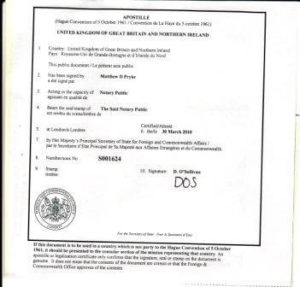Simply put, an Apostille is a certificate attached to an official document that authenticates that document by certifying the signatures/stamps are genuine. The key point is that an Apostille allows that document to be accepted in other countries without further legislation. What notarised documents can be legalised in this way? Apostille can legalise public documents that bear an original signature, seal or stamp from a UK public organisation or official such as a Notary Public. Examples of the types of document that may can be legalised include:
Apostille Examples
- birth certificates,
- patent applications and
- court orders.
The legalisation certificate is approximately 15cms square and is permanently glued to the official document that is embossed with the Apostille seal or stamp. The country producing the document in need of authentication will issue an Apostille certificate and then that document will enjoy acceptance by the countries that recognise the Apostille. These countries that have abolished the requirement of legislation for foreign public documents, thereby accepting Apostilles, are those that are party to the Hague Convention 1961.
An official document can obtain an Apostille by a competent authority. In the UK, The Legislation Office of the Foreign and Commonwealth Office is the only competent authority to issue legislation or Apostille certificates. The fee is £30 per Apostille. Registered businesses, such as London Notaries Public, however can take advantage of the premium service offered by the Foreign & Commonwealth Office Legislation Office in Central London. Documents lodged here can be returned the same day for a fee of £75 per Apostille. Set out below is an example of an Apostille:


0 Comments